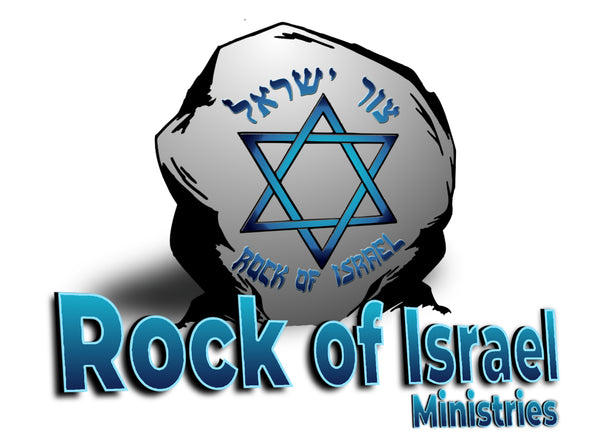1
/
of
7
Rock of Israel Ministries
The Messianic Writings
The Messianic Writings
Regular price
$ 20.00
Regular price
$ 24.00
Sale price
$ 20.00
Unit price
/
per
Couldn't load pickup availability
The Messianic Writings as translated and annotated by Daniel Gruber represent, the first attempt to render the texts about Yeshua (Jesus) into English from Jewish-Greek. Common translations erroneously operate as if these writings were originally written in a Christian, rather than a Jewish, idiom. However, an enormous and continually growing body of scholarship demonstrates that this was certainly not the case. Anyone familiar with the works of David Flusser, James Charlesworth, Daniel Boyarin, David Bivin, Oskar Skarsaune, or other leading researchers in the field will immediately recognize the validity and importance of translating from a first-century Jewish context instead of anachronistically and inappropriately from a Gentile Christian one. Today such an approach is widely accepted, at least in theory -- much more so than a century ago when Yosef Klausner began to urge studying Yeshua in his first-century Jewish context. Nonetheless, until now no one had actually made an English translation from the correct language or dialect: Hebraic or Judeo-Greek.
The book consists essentially of four parts: an introduction; the translation itself; notes attached to the translation; and additional notes or brief essays on specific questions of interpretation, usually related to enigmatic passages.
In his introduction, Gruber explains that the LXX "is an indispensable bridge for understanding the ways in which words are used in the Messianic Writings". He describes his approach to translation in general and to the various manuscripts and textual compilations. He argues that Christian "New Testaments" often distort the original meaning of the texts due to theological bias and misinterpretation. Such errors in interpretation and translation -- such as the infamous "synagogue of Satan" rendering in Revelation -- have often fed into anti-Jewish sentiment and persecution throughout history, including "violent, tragic events". Though no translation is perfect, this one at least has the advantage of starting from a historically defensible perspective on the original language and context.
Share


